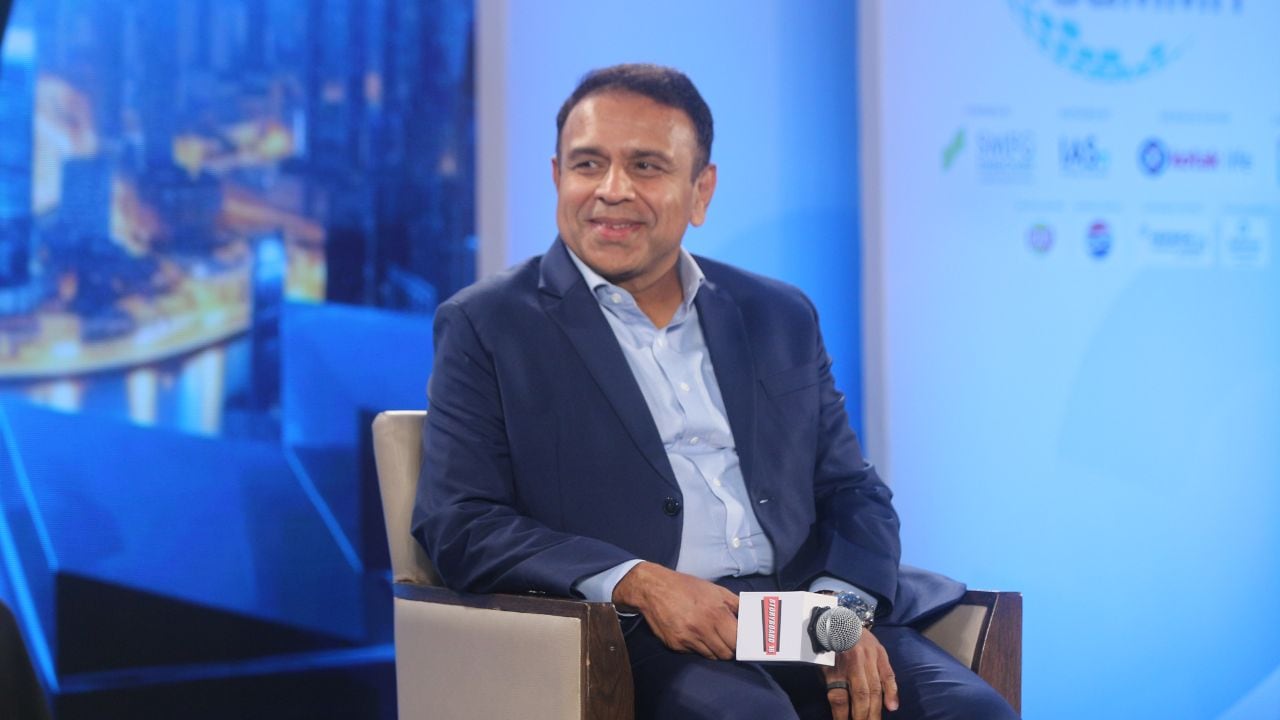As the 18th season of the Indian Premier League coincides with soaring summer temperatures, the soft drink market has become a battleground for an intensified modern Cola War. With Campa challenging industry titans Coca-Cola and PepsiCo, the competition has escalated, marked by aggressive pricing strategies and high-profile advertising campaigns.
PepsiCo’s Jagrut Kotecha on collaboration, purpose, and the future of business in India
IN PHOTOS: At Global Pioneers Summit, visionaries chart the future of business and creativity
In an effort to capture market share, all three brands have embraced an accessible pricing model, offering products at Rs 10. Campa Cola has positioned its 200 ml bottle at this price point, while Coca-Cola has reduced its 250 ml variant from Rs 20 to Rs 15. Meanwhile, both Coca-Cola and PepsiCo have expanded their portfolios with sugar-free options, trying to address health-conscious consumers and Campa’s fast-paced growth and marketing.
Coca-Cola, reinforcing its commitment to affordability, introduced a Rs 10 Coke Zero pack, while PepsiCo countered with Pepsi Black in a comparable price range. But the race to attract consumers is as much about nostalgia and branding as it is about affordability.
At the Storyboard18 Global Pioneers Summit, Jagrut Kotecha, PepsiCo’s CEO for India and South Asia, spoke about the company’s strategic evolution. “For PepsiCo, consumers are at the heart of every campaign, and we design products with them in mind,” Kotecha said, positioning the company as a brand that goes beyond cola.
The competition has been highlighted by a series of advertising face-offs. Earlier this month, PepsiCo took a direct shot at Coca-Cola’s “Half Time” campaign during a marquee India-Pakistan match, flipping the narrative with: Why stop at halftime when it’s ALWAYS Pepsi Time? The campaign leveraged nostalgia, which Kotecha described as a key driver of consumer engagement.
While the Coca-Cola and PepsiCo rivalry is decades-old, the reemergence of Campa Cola has added a new dimension. Kotecha acknowledged that while PepsiCo maintains a challenger mindset, adaptability remains key. “Whether as a market leader or follower, agility enables us to stay ahead,” he noted.
“All our campaigns – past and present – are deeply consumer-centric. We are consumer mavericks, putting them at the core of everything we do,” he said. “The nostalgia factor resonated strongly. That’s why Pepsi remains a beloved trademark.”
Beyond competition, Kotecha emphasized collaboration on sustainability initiatives, particularly in plastic waste management. He highlighted PepsiCo’s role in the “WeCare” forum, an alliance of 25-27 companies dedicated to recycling efforts. “When we share a common goal, we can put competition aside,” he said, citing the program’s success in achieving 100% recycling of materials.
Addressing the growing skepticism around purpose-driven brands, Kotecha argued that authenticity is critical. “Consumers are astute; they can sense when a brand’s purpose isn’t genuine,” he said, citing Lay’s partnerships with 27,000 farmers as an example of corporate social responsibility embedded in business strategy.
He also stressed the importance of risk-taking and innovation, asserting that “predictable ideas don’t lead to breakthroughs.” On failure, Kotecha offered a pragmatic view: “Failure is just the first attempt at learning. The real issue is not taking action; failing is part of the process.”
WATCH THE SPEECH HERE:
